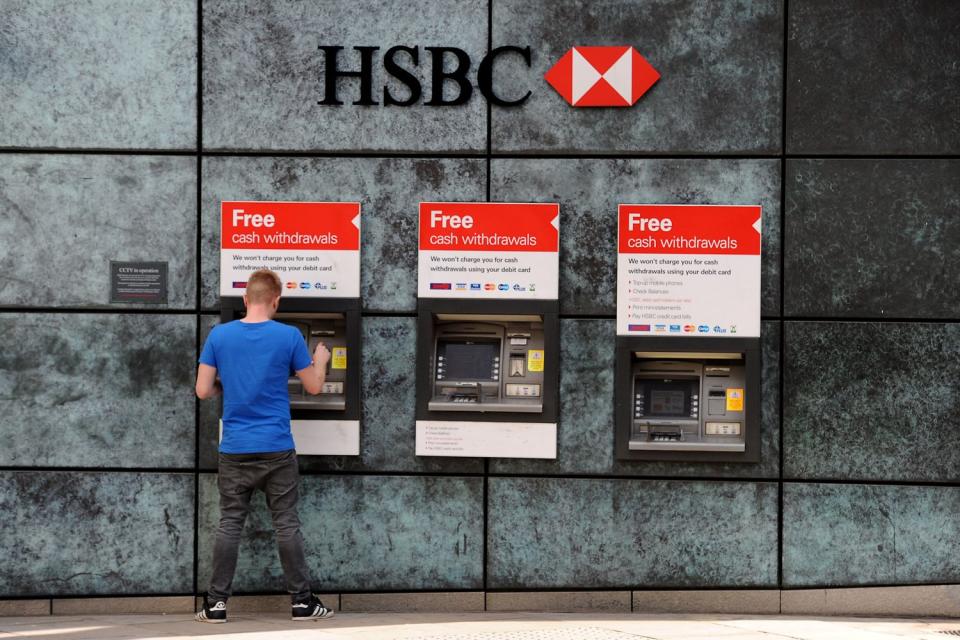Jim Armitage: HSBC fine seems barely more than a scratch

Comes to something, doesn’t it, when a British bank gets fined more than $100 million and the City shrugs and carries on.
But after fines on banks totalling more than $321 billion in recent years, HSBC’s hit from the US Department of Justice on Friday seems barely more than a scratch.
Particularly when you consider RBS, JPMorgan and Citi got fines for similar behaviour in foreign exchange markets, of between $395 million and $925 million.
It may not look great so soon after its last period of probation came to an end, but HSBC bosses are feeling they got off rather lightly.
Some feared they would be facing the ignominy and expense, of having external monitors sitting on their trading floors for years to come. The most pessimistic observers had speculated that it may have to make a guilty plea and then be barred from working in the US.
So, is the US Department of Justice becoming less aggressive as the financial crisis recedes further into the rearview mirror?
Perhaps, but if so, it’s less about the passage of time than leadership. After the financial crisis, the DoJ had Eric Holder at the helm.
He largely dealt with the first wave of miscreant Wall Street banks. The fines seemed big at the time, but were nothing compared with what was coming next — Loretta Lynch.
Her appointment by Barack Obama led to the biggest fines in history, and corresponded with European banks being in the dock. Witness Deutsche Bank’s $7 billion hit for alleged sub-prime mortgage debt misselling and those big FX fines for RBS and co.
Today’s HSBC fine for what are broadly similar allegations could signal that Donald Trump’s DoJ appointee Jeff Sessions will be less punitive.
Jes Staley at Barclays, still trying to settle the bank’s toxic mortgages fine, will clearly hope so.
Darwin’s law broke
Last January, Carillion struggled to get loans from conventional banks. So, it took its begging bowl to the Schuldschein market instead. Little known outside the specialist debt market, this is an unregulated scene in Germany where lenders privately lend to firms unable to borrow elsewhere. Carillion managed to get £112 million, despite being doomed.
Schuldschein perverted the vital Darwinian evolution of capitalism: a fatally sick business was allowed to survive that shouldn’t. Victims who became exposed to it through the whole of last year are now feeling the consequences.
Warwick University research shows Shuldschein lending has gone from €38 million in 2007 to €20 billion in 2015. Yet regulators take no notice. How many more Carillions are out there?

 Yahoo News
Yahoo News 